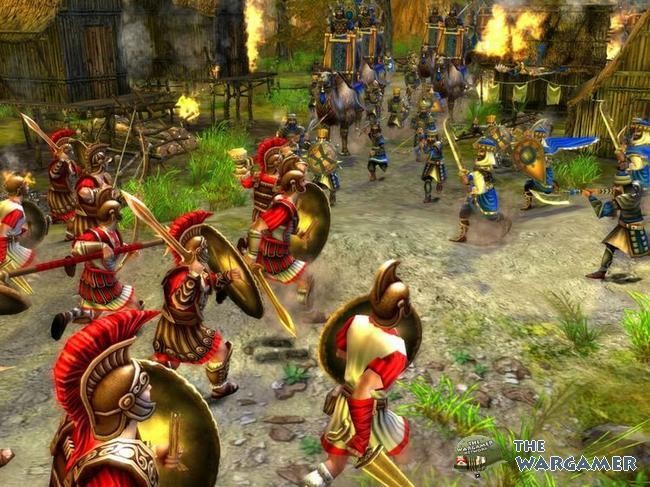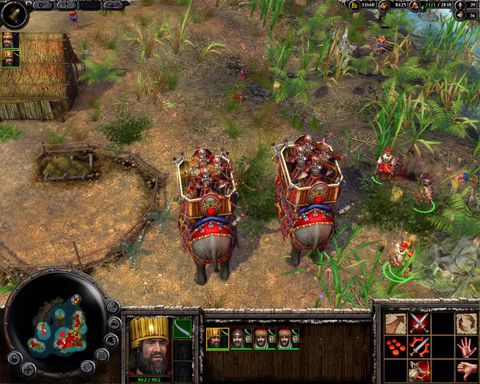


The Battle of Leuctra: The Fall of Sparta.A New Era in Spartan History: The Spartan Empire.The Peloponnesian War: Athens vs Sparta.The Ionian Revolt and the First Persian Invasion.The Formation of the Peloponnesian League.Sparta in the Greco-Persian Wars: Passive Members of an Alliance.The Beginning of Spartan History: Conquering the Peloponnese.To help you understand more about the history of Sparta, we have used some of these primary sources, along with a collection of important secondary sources, to reconstruct the story of Sparta from its founding until its fall. It is still inhabited today, but the Greek city of Sparta has never regained its ancient glory.įortunately for us, the Greeks began using a common language sometime in the 8th century BCE, and this has provided us with a number of primary sources which we can use to uncover the ancient history of the city of Sparta. Stress on the population resulting from strict citizenship requirements and an over-dependence on slave labor combined with pressure from other powers in the Greek world proved to be too much for the Spartans.Īnd while the city never fell to a foreign invader, it was a shell of its former self by the time the Romans entered the scene in the 2nd century BCE. However, while the city state of Sparta was a significant player both in Greece and the rest of the ancient world starting in the mid 7th century BCE, Sparta’s story ends abruptly. But it was still an important part of the ancient world that is worth studying and understanding. Yet, as is often the case, many of the perceptions we have of classical Sparta are based on over-glorified and exaggerated stories. The Spartan society was known for its highly-skilled warriors, elitist administrators, and its reverence for stoicism, people today still look to the Spartans as model citizens in an idealist ancient society. Ancient Sparta is one of the most well-known cities in Classical Greece.


 0 kommentar(er)
0 kommentar(er)
